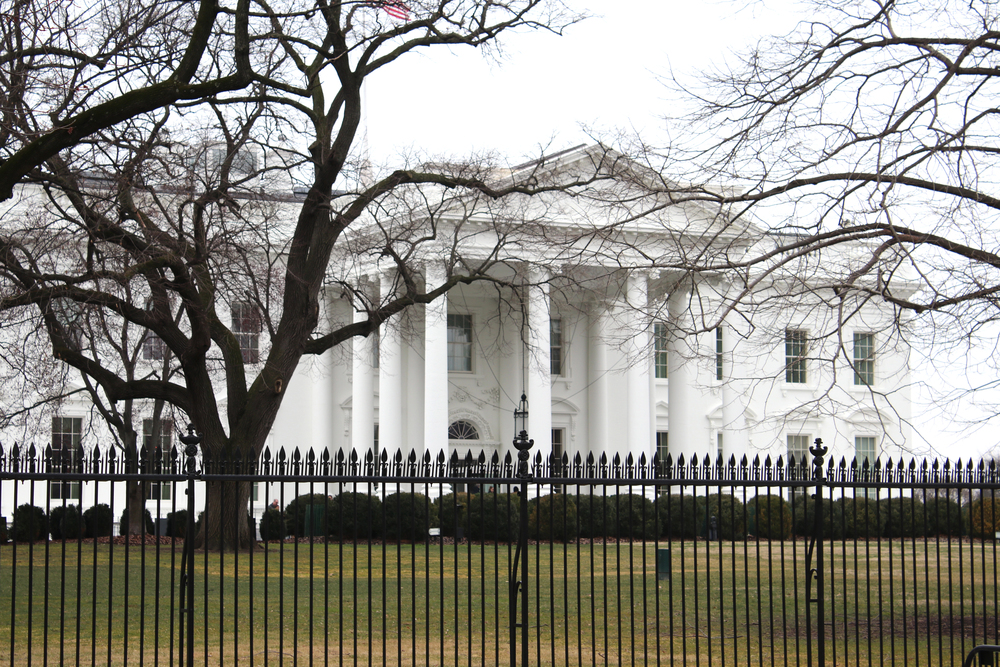Senate Moves on Dodd-Frank Reform
By: Jennifer Webb
On Wednesday, S. 2155, the “Economic Growth, Regulatory Relief, and Consumer Protection Act,” passed in the U.S. Senate by a vote of 67 to 31. The bipartisan legislation modifies provisions of the Dodd-Frank Wall Street Reform and Consumer Protection Act (Dodd-Frank) and other laws governing the financial industry, including international insurance regulatory issues.
The bill includes language similar to Big “I”-supported legislation, previously introduced by Sens. Dean Heller (R-Nevada) and Jon Tester (D-Montana), that aims to bring greater transparency to international insurance negotiations, ensure appropriate consideration of stakeholder viewpoints, and guarantee that the state-based insurance regulatory system remains strong.
The U.S. House of Representatives also introduced Big “I”-supported legislation to address international insurance negotiations.
As the impact of international events on the agent and broker community continues to increase, the Big “I” recognizes the value of greater transparency and coordination in international insurance negotiations to ensure that the state-based regulatory system remains effective.
While S. 2155 passed the Senate with bipartisan support, it is unclear how the bill will progress in the House. Earlier this year, the House passed separate legislation that would make sweeping changes to Dodd-Frank—which means the House could attempt to form a conference committee with the Senate to reconcile differences between the two bills, including differences in the international insurance language.
The House could also attempt to amend the Senate bill and send it back to the Senate, or the House could simply pass the Senate bill and send it to President Trump’s desk to be signed into law.
Jennifer Webb is Big “I” federal government affairs counsel.










